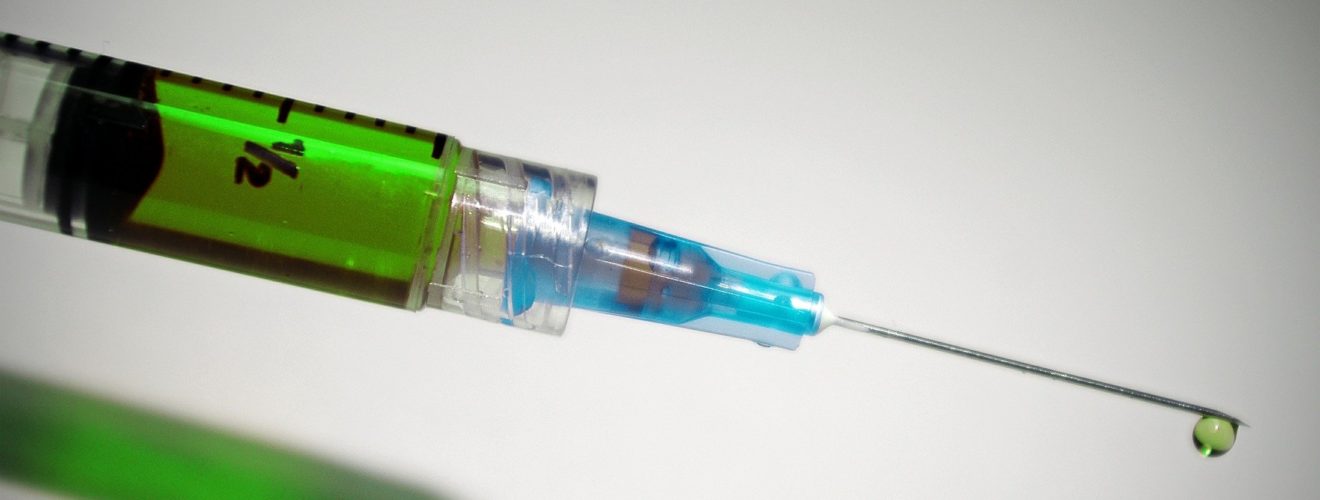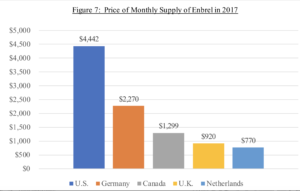Patients, Taxpayers Gouged by Arthritis Drug

Many people first heard of Enbrel, which treats rheumatoid arthritis, when pro golfer Phil Mickelson became its paid spokesperson in 2011. While he gets paid to endorse, all taxpayers help pay Enbrel’s outrageous price.
When Enbrel first hit the market in 1998, its manufacturer (Immunix) charged $220 per 50 mg dose (or $880 per month). Clearly, the company was earning a profit on the drug at that price.
But since Amgen purchased the rights to Enbrel in 2002, it has raised the price 27 times – to a whopping $5,556.96 per month, or more than $72,000 per year, according to a recent investigation by the U.S. House Committee on Oversight and Reform.
Why did the company boost the price of Enbrel so far beyond what it takes to manufacture it? Because it can.
Who reaped the profits? Corporate executives and shareholders. For example, Amgen’s CEO earned a $4 million bonus in 2018 after the company imposed a to take a higher-than-planned price increase to boost revenues.
And who paid the price? Patients and taxpayers.
We’re chumps. Americans pay far more per dose for Enbrel than patients in other countries, which regulate the price of prescription drugs. For example, while Americans paid $4,442 per month in 2017, Canadians paid less than half of that ($1,299) and patients in the Netherlands paid only $770, according to the congressional report.

Amgen is willing to sell Enbrel at a discount. For example, it has already negotiated lower prices for the Veterans Administration and the U.S. Defense Department. But not for Medicare, the nation’s largest purchaser, because U.S. law prohibits Medicare from negotiating directly with drug companies to reduce prices. According to Amgen’s internal data, Medicare could have saved $2.6 billion on Enbrel between 2013 and 2018 if it had been permitted to negotiate the price.
That’s why it’s so important for Congress to expand the drug-price negotiation plan included in President Biden’s proposed “Build Back Better” legislation. Costly biologic drugs like Enbrel would be exempt from Medicare price negotiation.
In a historic breakthrough, though, Medicare would negotiate the price of 10 drugs in 2025, growing steadily to 20 drugs and more. Estimated savings to patients and taxpayers: $250 billion. Older adults and persons with disabilities on Medicare would benefit from the new price-negotiation provisions in three ways, if the legislation is signed into law:
- Seniors would pay no more than $2,000 on out-of-pocket drug costs under Medicare Part D.
- Diabetics on Medicare would pay no more than $35/month for insulin.
- Drug companies that raise prices higher than inflation would be penalized.
Pharmaceutical manufacturers spend more on stock buy-backs, executive compensation and advertising than they do on drug research and development. It’s time to bring all drug prices down.
